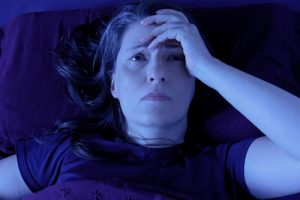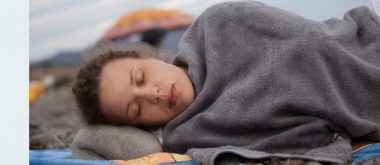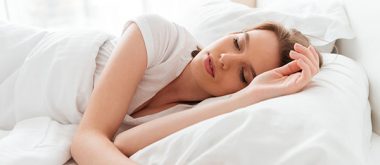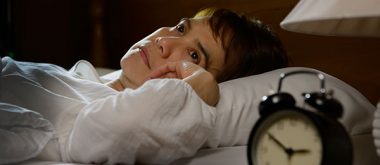Many people relax with a beer or a glass of wine at the end of a long day, thinking it’ll help them get some rest. When you struggle with insomnia, the numbing effect of alcohol can help stop racing thoughts dead in their tracks and let you drift off into a (probably unrestful slumber).
The effects of alcohol on sleep are overwhelmingly negative, even if it does make it easier for you to doze off. While falling asleep is important, the quality of your rest matters just as much. Drinking before bed can have some significant negative impacts on your overall health and wellbeing.
How Alcohol Affects Your Sleep
Numerous observational and experimental studies have documented the impact drinking has on our bodies. From impaired cognitive function to concentration problems and insomnia, alcohol does far worse than good when it comes to just about everything health-related.
Alcohol affects many different neurotransmitters in the brain. Neurotransmitters are chemical carrier pigeons, carrying encoded messages from our brain to various parts of the body. Our bodies and brains are naturally hardwired to fall asleep when certain hormones are released.
Drinking may increase our drowsiness, but it ultimately doesn’t leave us feeling any better when we wake up. Just ask anyone who’s ever had a hangover.
Frequent drinkers may find that it’s more difficult for them to get a restorative slumber than those who only consume alcohol once in a while. The reason is that alcohol, like any drug, changes the way our brain works on a fundamental level.
Different neurotransmitters fire in new ways, and the body becomes so preoccupied with trying to adjust to the changes that it ultimately fails to successfully carry out many important functions.
People who drink before bed wake up more frequently, which prevents the body from reaching the restorative REM cycle.
Drinking and REM
 When we fall asleep, our brain and body cycle through various stages. The deepest stage is known as REM, which stands for rapid eye movement. During this stage, which happens approximately 90 minutes after you doze off, the eyes move quickly behind the eyelids. The reason for this rapid motion is linked to specific brain activity that also causes us to dream.
When we fall asleep, our brain and body cycle through various stages. The deepest stage is known as REM, which stands for rapid eye movement. During this stage, which happens approximately 90 minutes after you doze off, the eyes move quickly behind the eyelids. The reason for this rapid motion is linked to specific brain activity that also causes us to dream.
Alcohol consumption has been tied with a heavily disrupted cycle, and one study found a connection between alcohol intake and the risk of probable rapid eye movement disorder.
Effects of Not Sleeping Properly
When you don’t stay asleep long enough or don’t enter REM frequently enough, you’re likely to experience a host of mental and physical health problems during your waking hours. For starters, people who don’t get enough rest have reduced brain function and struggle with concentration and memory. This can make getting through the workday almost unbearable, which contributes to stress and possibly performance issues.
Inadequate rest is also tied to an elevated risk of obesity, which can result in myriad health complications and life-threatening diseases including heart disease, diabetes and even certain types of cancer.
Better Ways to Treat Insomnia
If you struggle to fall asleep, or if you wake up frequently throughout the night, alcohol isn’t the solution. Many common “remedies” for insomnia actually only make the condition worse. Your insomnia could be tied to a mental health issue, such as anxiety or depression, or a health condition that requires medical care.
Talk to your doctor about your problems and explore different solutions together. You may not find the solution right away, but the likelihood of curing your insomnia with the help of a medical professional is much higher than it is with a can of Budweiser.





